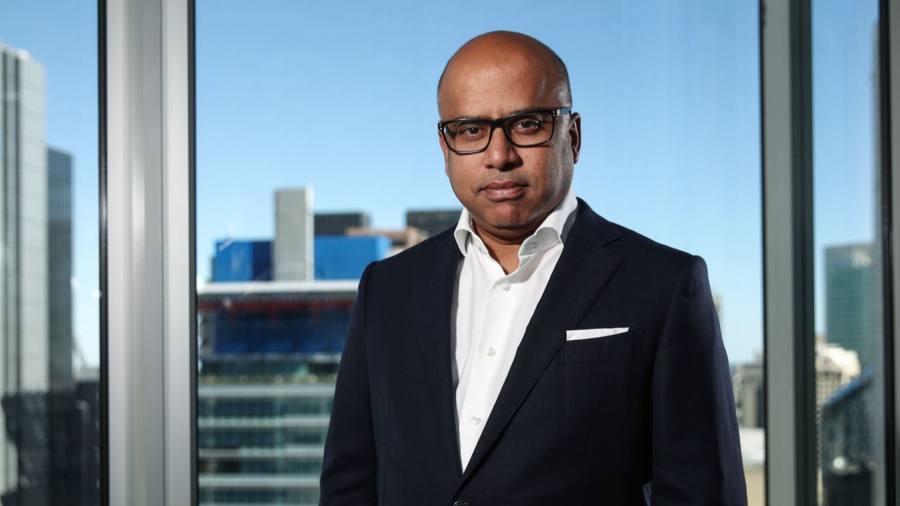
Sanjeev Gupta’s Liberty Steel has reached an outline deal with creditors in which they could recoup less than half of the amount they lent to the beleaguered metals group.
The deal — whose details are still to be thrashed out — would allow Liberty to fend off insolvency proceedings due to take place this month.
Creditors would recoup a maximum of 55 per cent of what they are owed, though there is an expectation it would be significantly less than that, according to people with knowledge of the talks.
Industrialist Gupta has spent much of the past 18 months trying to fend off legal action that would dismantle his collection of global metals businesses in order to repay debts linked to the collapse of specialist finance firm Greensill Capital in March last year.
The Financial Times has reported that loans made to Gupta’s businesses from Greensill that were later sold to Credit Suisse investors were made on the basis of suspect invoices that have raised suspicions of fraud.
The UK’s Serious Fraud Office and French police are investigating Gupta’s GFG Alliance companies over suspected fraud and money laundering. GFG has consistently denied any wrongdoing.
UK winding-up proceedings brought by Liberty Steel creditors are set to start on November 30, having been pushed back by 30 days after the two sides made progress in working out a settlement.
Clients of Swiss bank Credit Suisse are owed $1.2bn by GFG Alliance, Gupta’s group of metals business that borrowed money from a group of supply chain finance funds linked to Greensill. In total, Gupta borrowed $5bn from Greensill to finance the growth of a sprawling metals empire that employs thousands of workers around the world.
US investment bank Citigroup — which is acting on behalf of Credit Suisse — filed a flurry of applications in London’s insolvency court against some of Gupta’s commodities and industrial businesses last year.
Under UK law, creditors can apply to the court to close a company that owes them money. To succeed, they must show that the company cannot pay what it owes, in which case the company’s assets can be sold to repay them.
“After several months of negotiations, we have now reached an agreement in principle that will provide recovery for the creditors and will significantly deleverage and de-risk Liberty,” said Jeffrey Kabel, chief transformation officer of the metals group.
“This is a major step forward in our restructuring and transformation and we will now work at pace with the creditors to prepare and execute the agreement.”
The company on Tuesday declined to provide details of the agreement, citing confidentiality. GFG could look to raise money by selling parts of its global business, including its Australian InfraBuild group, as well as assets owned by Gupta but not part of GFG, according to people with knowledge of the talks.
Gupta’s European steel assets have been hit hard by soaring energy prices in the wake of Russia’s invasion of Ukraine. Liberty Steel’s operations in the UK, which are focused on two plants in Yorkshire, have been particularly hard hit and have been operating intermittently in the past year.
Gupta was on Tuesday due to learn whether he had lost control of his two Belgian steel plants at Flémalle and Tilleur. But the hearing at a court in Liège was postponed until November 22.
Credit Suisse declined to comment.